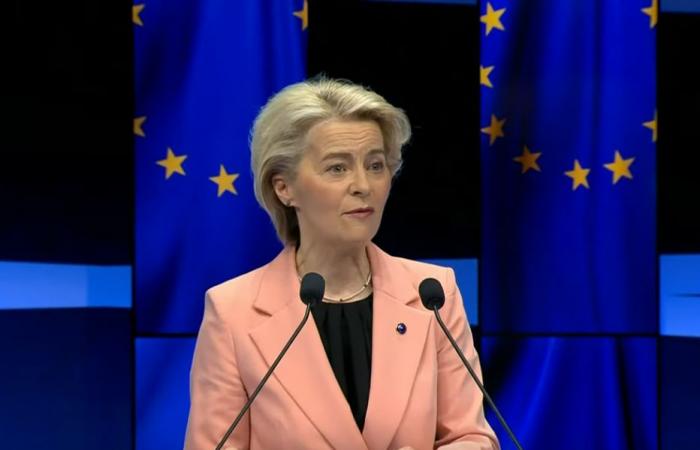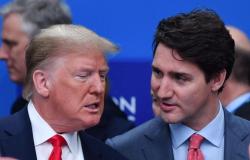In June 2024, after the European elections, Ursula von der Leyen, nicknamed “Queen Ursula”, declared herself triumphant. Building on the victory of her party, the European People’s Party (EPP), she affirmed that the “center held its ground” against the “extremes” of left and right. But behind this declaration lies a much more complex reality: a European Parliament in the midst of change and European governance increasingly criticized for its undemocratic practices.
A Parliament upset by a conservative rise
While the EPP and the Socialists & Democrats (S&D) retained their dominance in Parliament, their traditional allies, the Greens and Renew, suffered a crushing defeat. Meanwhile, conservative blocs, such as Patriots for Europe (PfE), European Conservatives and Reformists (ECR) and the Identity and Democracy (ID) group, have made dramatic gains, now accounting for 26% of seats, on par with the EPP. This shift marks a turning point in European politics.
However, the response of von der Leyen and her “Ursula coalition” was to maintain a sanitary cordon around the Patriots, the third group in Parliament, even violating the internal rules of democratic representation. This blatant exclusion of conservatives, while over-representing smaller groups on the left, illustrates a worrying anti-democratic drift.
A controversial re-election
The re-election of von der Leyen as head of the European Commission in July highlighted the fragilities of the “center”. Faced with the loss of seats of her coalition (EPP, S&D, Renew), she had to negotiate external support. Rather than turning to the conservatives of the ECR group, she chose to collaborate with the Greens, already critical of her for her symbolic concessions on the climate. This decision outraged Giorgia Meloni, Italian leader and rising figure of the European right.
Voters, having voted for a more conservative Parliament, found themselves facing an even more left-wing coalition, exacerbating the feeling of democratic denial.
The management of parliamentary committees also revealed von der Leyen’s fragility. While the ECR obtained seats in the Bureau and in 13 committees, the Patriots saw themselves completely excluded, despite their considerable weight. This political maneuver, aimed at isolating figures like Viktor Orbán, Marine Le Pen or Matteo Salvini, revealed the center’s inability to deal fairly with its adversaries.
This policy of exclusion led the Patriots to file a complaint before the Court of Justice of the European Union, thus highlighting the abuses of power of the centrist coalition. Whatever the court’s decision, the damage is done: the credibility of European institutions as defenders of democracy is irreparably damaged.
The formation of a Commission under pressure
Negotiations to form the new European Commission were another challenge for von der Leyen. In order to regain the trust of Meloni and the conservatives, she proposed ECR member Raffaele Fitto as executive vice president. This concession sparked fierce opposition from the left, threatening to bring down the Commission before it even began work.
After weeks of tense negotiations, the college of commissioners was approved, but with historically low support (54% of the vote). This episode demonstrated to what extent the stability of the center rests on fragile foundations.
The management of the elections and the new legislature has highlighted several flaws in the democratic system of the European Union:
- A biased Parliament : Democratic representation is hampered by unfair internal rules, excluding conservatives while overrepresenting small left-wing groups.
- A weakened executive : The European Commission is led by a president re-elected through political maneuvering, not strong popular or parliamentary support.
- A lack of credibility : The image of European institutions as guarantors of democracy is seriously damaged, both among voters and within Member States.
Towards increased pressure in 2025
The rise of the conservatives and the blunders of the European center signal a profound change in the politics of the Union. As von der Leyen struggles to maintain his authority, conservative forces continue to gain influence, promising to transform the dynamic in Brussels.
The year 2025 could well be decisive. While European elites desperately try to contain what they perceive as a threat, European citizens are demanding a genuine democratic renewal. The center, far from holding on, could well collapse under the pressure of a return to popular sovereignty.
Illustration : DR
[cc] Breizh-info.com, 2025, dispatches free to copy and distribute subject to mention and link to the original source






